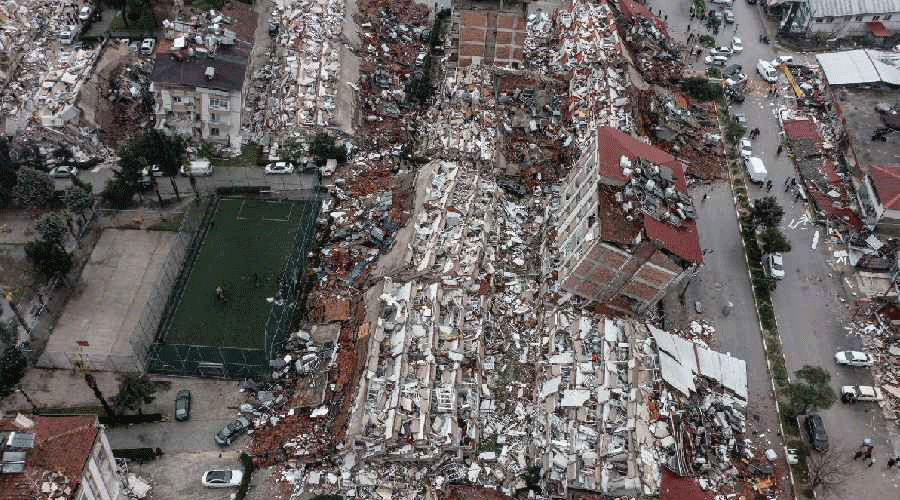The mother wept next to the simple wooden slat that marked where her son had been buried in a long, thin mound of dirt that held dozens of others lost in the devastating earthquake that struck southern Turkey.
In an abbreviated form of the usual funeral rites, his body had been cleansed in accordance with Islamic tradition, wrapped in a white shroud and lowered into the earth, giving her a moment of dignity and closure during a week of compounding tragedies.
“My son, my son,” cried the mother, Gullu Kolac.
Around her in the cemetery were many new mounds that disappeared into the distance, holding hundreds of other graves. Nearby, mechanical excavators were digging more.
The 7.8 magnitude earthquake that hit southern Turkey on Monday killed so many people so quickly that it overwhelmed the funeral process.
Gone, for the time being, are the rituals where relatives lovingly wash and shroud the departed’s body, hold a funeral and welcome friends and relatives paying condolences. The new, crisis-driven process aims to honour the dead and quickly bury them, for both custom and public health.











